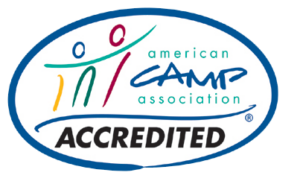Camp Office:
9AM-5PM M-F
Email: camp@chewonki.org
Phone: (207) 656-1170
Chewonki Foundation Switchboard:
Email: info@chewonki.org
Phone: (207) 882-7323
Health & Wellness Center
Email: health@chewonki.org
Phone: (207) 656-5869
Business Office
Email: ar@chewonki.org
Phone: (207) 656-5891
Alumni & Friends
Email: alumni@chewonki.org
Phone: (207) 656-5921
Chewonki is a 501(c)(3) Non-Profit Organization

 Camp Chewonki maintains accreditation with the American Camping Association (ACA). Camp Chewonki and the ACA work together to undergo a thorough peer review of all operations-from emergency management to staff qualifications and training.
Camp Chewonki maintains accreditation with the American Camping Association (ACA). Camp Chewonki and the ACA work together to undergo a thorough peer review of all operations-from emergency management to staff qualifications and training.
